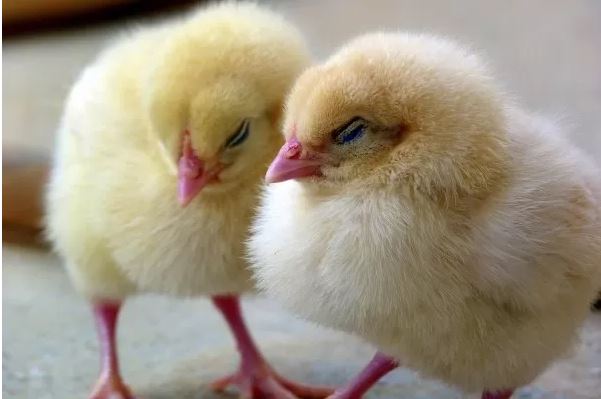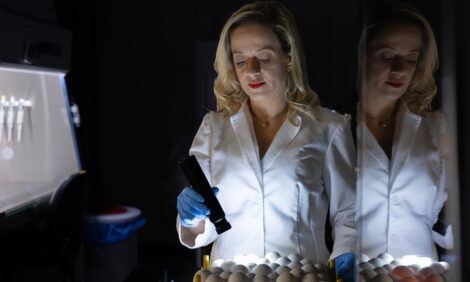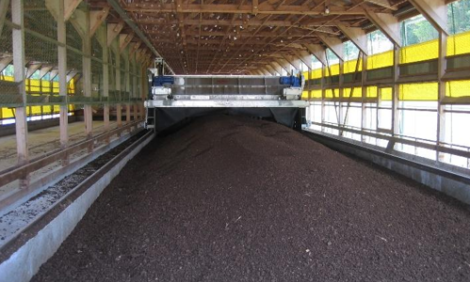



‘Listening’ to chicks could improve poultry welfare
Listening to baby chicks’ calls could help identify welfare problems early on
In nature, chicks attract the attention of the hen with a loud and distinctive distress call when uncomfortable or uncertain of their surroundings. However, in commercial chicken farming, thousands of newly-hatched chicks are raised in batches.
A team of animal welfare and behaviour scientists from across the UK collected acoustic recordings in 12 typical flocks of 25,000 chicks.
In a study, published in the Journal of the Royal Society Interface, researchers from the University of Plymouth, University of Roehampton, Scotland's Rural College (SRUC), and Newcastle University demonstrated that these calls could be clearly picked up above other noises such as regular calling and farm machinery.
Where previous research has linked distress calling to stress and anxiety-like states in chicks, this study also shows it could predict flock-level behaviour, future growth and mortality rate.
This suggests distress calling may be an ‘iceberg indicator’ – a single measure that captures a range of welfare information at once.
The method used in the research involved measuring the ‘spectral entropy’ of the soundscape –a value that describes how sound can vary from a clear, tonal note up to white noise.
As increasing numbers of chicks call in unison, the usual background noise of the farm becomes overall more tonal. This computationally simple way of counting distress calls could act as an early-warning signal to farm staff that chicks require attention and ultimately improve chick welfare across their lifetimes.
The findings support previous studies on the benefits of automated monitoring of livestock for real-time warnings of emerging welfare concerns. They also emphasise the importance of using animal-centred behavioural and emotional welfare indicators alongside traditional environment and productivity monitoring on poultry farms, to improve conditions from the birds’ own perspective.
The study was funded by the Biotechnology and Biological Sciences Research Council in an Innovate UK partnership with Greengage Lighting Ltd.









